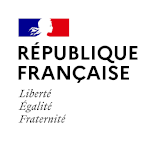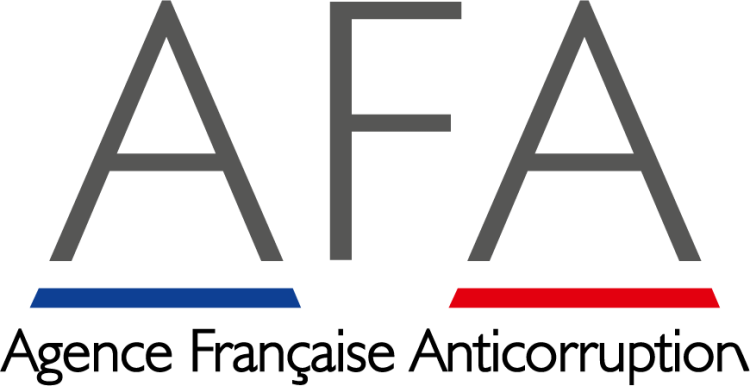The Law Sapin II introduced a new tool in the French criminal justice arsenal: the Convention judiciaire d'intérêt public (CJIP), which has openly taken inspiration from the American and British "deferred prosecution agreement" (DPA) models.
Prior to prosecuting a company suspected of corruption, influence peddling, tax fraud or laundering of the proceeds of tax fraud, prosecutors can:
- propose a settlement, including a fine (up to a limit of 30% of the entity’s average annual turnover during the previous three years) and compensation of victims ;
- may require that the company be subject to the supervision of AFA for up to 3 years (costs related to the monitoring by AFA and to experts involved are covered by the company) ;
- and may require compensation for any damages caused to the victims.
The CJIP :
- does not entail a declaration of guilt and has neither the nature nor effects of a conviction;
- is only available for legal entities, not individuals, and only for certain specific offences;
- must specify the company’s obligations, including paying fines, implementing or enhancing a compliance program under the supervision of AFA and providing compensation of victims;
- must be approved by a judge during a public hearing that reviews both the substantive and procedural aspects of the settlement;
- must be published on AFA’s website.
Companies can withdraw from a CJIP within 10 days of the judge’s approval. If the conditions set forth in the CJIP are not met, the prosecution can resume.
PNF and AFA published joint guidelines on the implementation of the CJIP, available here.
Guide on how AFA audits the execution of judicial measures
CJIP PUBLISHED IN ENGLISH :
Airbus SE Case
SARL Google France et Google Ireland LTD Case
HSBC Private Bank (suisse) SA Case


